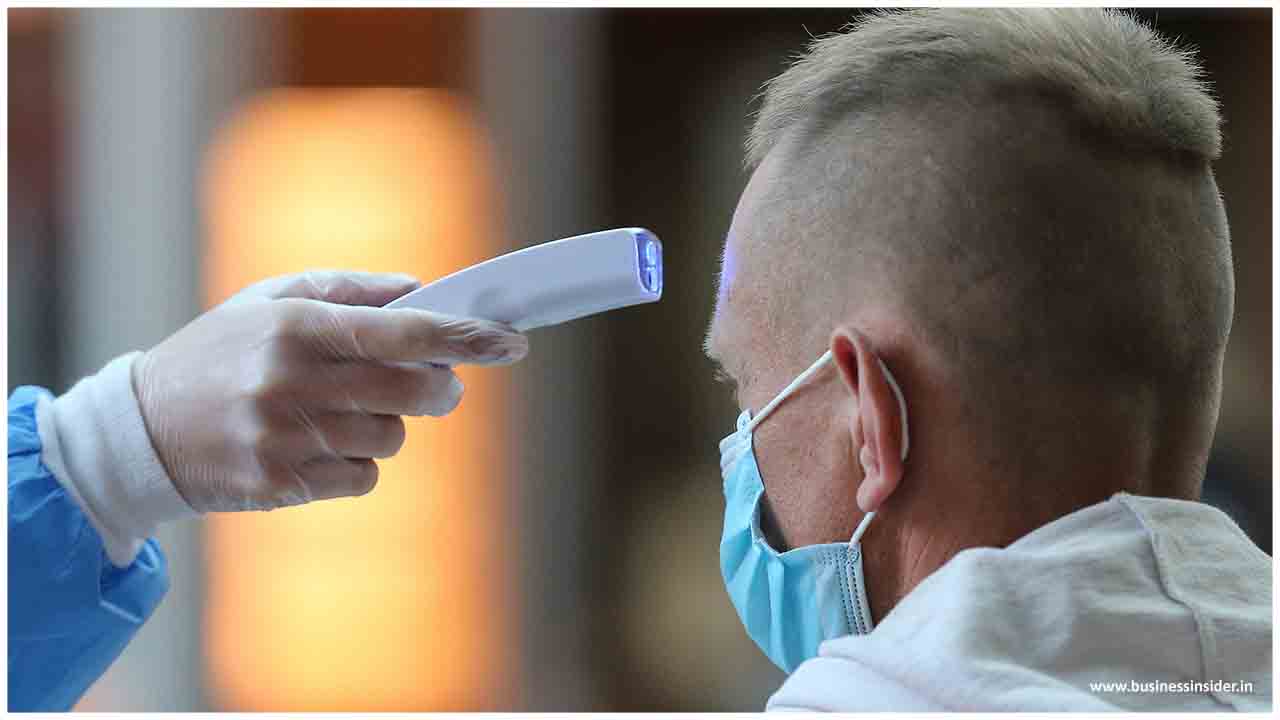“Ten years of crisis, repeated attacks on health care, death and displacement of health-care workers, and an increase in hostilities towards the end of 2019 have all posed significant challenges for the ability of the health system in northwest Syria to respond to COVID-19,” says Dr. Mohamed Altwaish, a dentist by training who serves as Public Health Coordinator for Hand in Hand for Aid and Development (HIHFAD), a WHO implementing partner in northwest Syria.
Since the first cases were identified on 9 July, COVID-19 has disproportionately impacted health-care workers, who comprise 23 (43%) of all 54 identified cases reported by WHO. This has placed significant pressure on the already fragmented health infrastructure across the region (nearly 30% of health facilities are considered nonfunctional), including in Idleb and Aleppo governorates, which have been strained by years of crisis.
He stresses the critical work spearheaded by local health-care workers to mobilize COVID-19 preparedness and response efforts in collaboration with the WHO Emergency Field Programme in Gaziantep, Turkey, and the coordination of the Turkey Hub Health Cluster’s COVID-19 Taskforce, established in March 2020.
“Even before there were cases identified in northwest Syria, health-care workers were technically and logistically mobilizing local response efforts to combat COVID-19,” says Dr. Altwaish. HIHFAD worked closely with WHO to establish isolation and treatment centers for suspected cases of COVID-19, ensure access to proper personal protective equipment for health-care workers across health facilities, and scale up training for community health workers to disseminate public health advice.
Leading training efforts for community health workers is another of Dr. Altwaish’s roles. “I provide 1-day training for community health workers to engage local communities in COVID-19 prevention efforts as well as provide them with the skills to train other non-medical staff in how to distribute and disseminate these messages.”
Health-care workers have played a vital role in fostering community awareness of the growing threat of COVID-19, which has been one of the most challenging parts of the preparedness and response effort in northwest Syria.
“Health-care workers have struggled a lot to gain the acceptance of the local community, particularly in wearing masks and practicing social distancing,” Dr. Altwaish says. “Stigma was an issue from the beginning, particularly when the first case was identified among a member of the health-care workforce. Individuals started to assume that if you are a health-care worker, then you must have COVID-19.” He emphasizes the resulting psychological stress and pressure on the health-care workers to ensure the safety of their patients while continuing to provide essential services.
The protection of health-care workers continues to be a priority for WHO and local implementing partners in northwest Syria. Attacks on health care – a hallmark of the conflict in Syria – have brought the number of health facilities down further and deprived civilians of basic access to medical care. Now, with COVID-19 on the rise, stigma and barriers to care have added new challenges for the health-care workforce.
“When a fellow member of the health-care workforce tested positive for COVID-19, the event was an alert to the entire community in northwest Syria to better prepare and plan and avoid this in the future.”

 Since the first cases were identified on 9 July, COVID-19 has disproportionately impacted health-care workers
Since the first cases were identified on 9 July, COVID-19 has disproportionately impacted health-care workers









.jpeg)







.jpeg)

.jpg)










